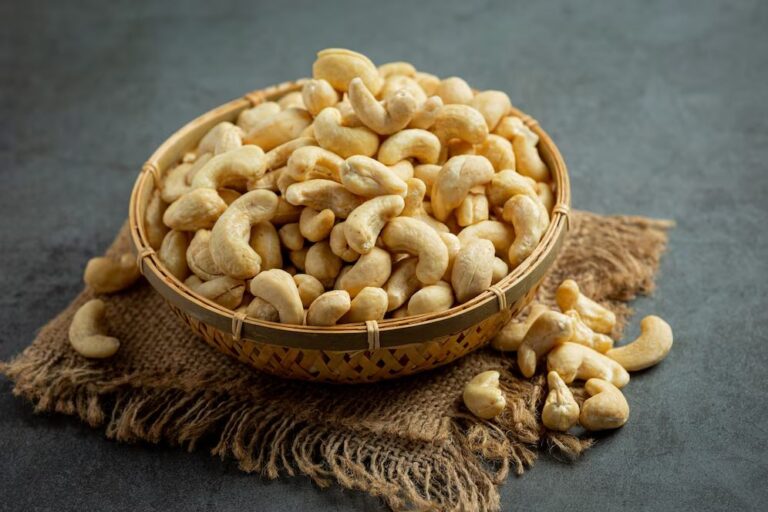Bitcoin is generally referred to as a digital currency and is considered as an alternative to Fiat money. Fiat money is controlled by the central bank of the country and thus it is valuable and people treat it as a store of value and a medium of exchange.
Fiat money is used by every single person in the economy. Bitcoin on the other hand is decentralized meaning that it is not issued by any central bank. One can even say that bitcoin is very similar to precious metals in a sense that both of them are limited in quantity. But the key question is is bitcoin a medium of exchange or a store of value? To know the answer to this question it is important to understand what a medium of exchange and a store of value means.
Medium Of Exchange
Anything in an economy that can be used primarily to exchange other services and goods is called a medium of exchange. Fiat money is used as a medium of exchange. People use money to purchase goods and services. For example, US dollars is widely accepted, highly liquid and is commonly used to buy commodities. Therefore, it is a medium of exchange and making transactions with US dollars is very convenient.
Bitcoin As A Medium Of Exchange

Bitcoin lacks the liquidity fiat money has as it is not yet widely used as a medium of transactions. Although in many parts of the world, bitcoin operates as a medium of exchange it is yet not as widely used and accepted as Fiat money. To promote the usage of bitcoin in day to day life ,effective bitcoin marketing strategy is requisite to make it work. Some of which includes social media,formation and association of bitcoin communities, press releases etc.
The major drawback rests with the fact that if all customers stop using digital currencies, it would become worthless or lose its value. Also, such exchanges are vulnerable to cyber hacking because of its highly unregulated and unbacked networks which might lead to an irreparable loss of your investments. If you are also looking forward to trading in bitcoins, ensure to steer clear of some common mistakes. For more information, check out www.jguru.com
Store of Value
The measure of a product or asset’s capacity to preserve its store value is called its store of value. Consequently, a store of value prevents the depreciation of an asset’s worth. Generally, assets that are readily convertible into other forms and have a longer lifespan may function as a store of wealth. In addition, such assets must meet specific eligibility requirements, such as the ability to be stored, recovered, conserved, and traded. These include gold and U.S. Treasury bonds, among others. Products that are perishable and have a short shelf life cannot function as a store of value. One example of these products is milk.
How Does It Work?
The principle behind the idea of a store of value is risk aversion, which ensures that asset prices and values will always be maintained if the demand for the item persists. For example, the worth of commodities such as gold and other precious metals may be readily restored when they gain utility owing to their long shelf life, without their value diminishing.
What Makes A Good Store Of Value?

To understand what makes a good store of value, let’s first examine what makes a bad store of value. If anything is to be kept for extended periods of time, it must be durable.
Think about food. Potatoes and onions have some inherent worth since people need food to survive. When food is short, these products will be very valuable. However, this does not make them a valuable asset. If you put them in a safe for many years, their value will surely decrease significantly.
But what about inherently valued and long-lasting objects? Say, noodles? It will last for a long time but it wont pay off in the long run. Since anybody may flood the market with more noodles, the one in circulation will lose value since supply exceeds demand. Consequently, for anything to retain its worth, it must remain rare.
Some believe that fiat currencies are an excellent method to keep money since they maintain their value over time. However, they are bad investments since their buying power diminishes rapidly as more units are produced (just like the noodles). You could withdraw your life savings and store them under your mattress for twenty years, but when you decide to spend them, they won’t have the same purchasing power.
In 2000, one million dollars could purchase significantly more than it can today. This is mostly attributable to inflation, which refers to the rise in prices of goods and services. Inflation is often caused by an oversupply of fiat currency as a result of the government’s habit of printing more money.
Bitcoin As A Store Of Value

As economists have come to think that even bitcoins can hold value for an extended period of time, cryptocurrencies are now placed on the list of long-term stores of value. Having characteristics like scarcity, divisibility, a decentralized security network, cryptocurrencies are a wonderful example of a store of value.
Cryptocurrencies are a sort of digital money that lacks any physical presence. It is intangible, as opposed to the paper cash that is often utilized in daily transactions. This money is used for the purchase of goods and services. However, these currencies’ verification and transactions are handled exclusively online.
Over the past 1000 years ,the most popular store of value was gold. But nowadays, bitcoin is considered as “digital gold” because of its:
- Scarcity
- Fungibility
- Portability
- Divisibility
- Durability
- And Reliability
Conclusion
Bitcoins serve as both a medium of exchange and a store of value. However, owing to certain characteristics of these digital coins such as being decentralized, volatile etc., people are hesitant to use them in the same capacity they use fiat money. However, making transactions using bitcoin have numerous advantages as well and thus in a few years these coins will probably be accepted as a reliable medium of exchange as well as store of value by people worldwide.
Related Posts:
- 20 Best Gaming Headset Under 50$ 2024 - for PC, PS4,…
- 15 Best Dog Food For Allergies 2024 - Adult, Puppy…
- 10 Best Climbing Harness of all Time 2024 - Opinion…
- Top 10 Best Inflatable Kayak 2024 - for Exploring…
- 12 Best Car Wax For Black Cars 2024 - Protection and…
- Top 16 Best Office Chair Covers 2024 - Chair…







